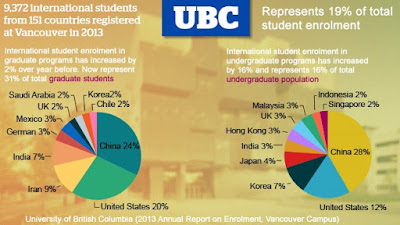Want Feedback? I have the Answer!
For my digital project assignment in my Professional Practice course, I have created an animated video on Peer Coaching through observation using the website www.powtoon.com . I selected this strategy because it is important to me to attempt to change people’s misconceptions about peer coaching. I am hoping to convince teachers that the purpose of the observation is not to make the teacher look bad or to place blame, but to help. There are many benefits that go unnoticed because they are overshadowed by fear. I learned that Peer Coaching, as mentioned by the Center for Professional Development at Peak to Peak Charter School, can: improve teaching practices and student performance, enhance sense of professional skill, increase ability to analyze lessons, help teachers understand best practices in teaching and learning, provide teachers a wider range of instructional strategies/resources, and improve teaching performance. As a program manager, I hope to use this proje




